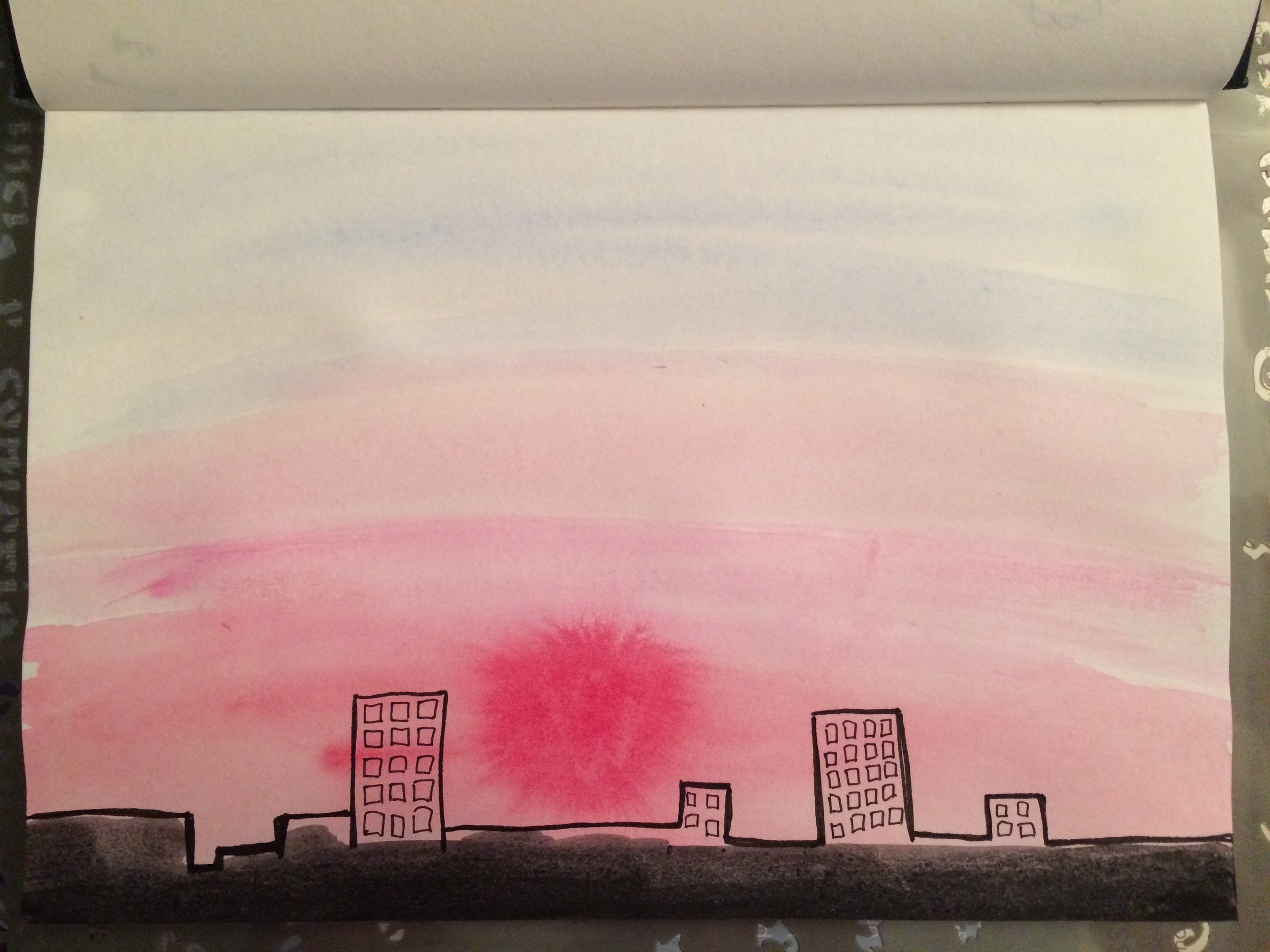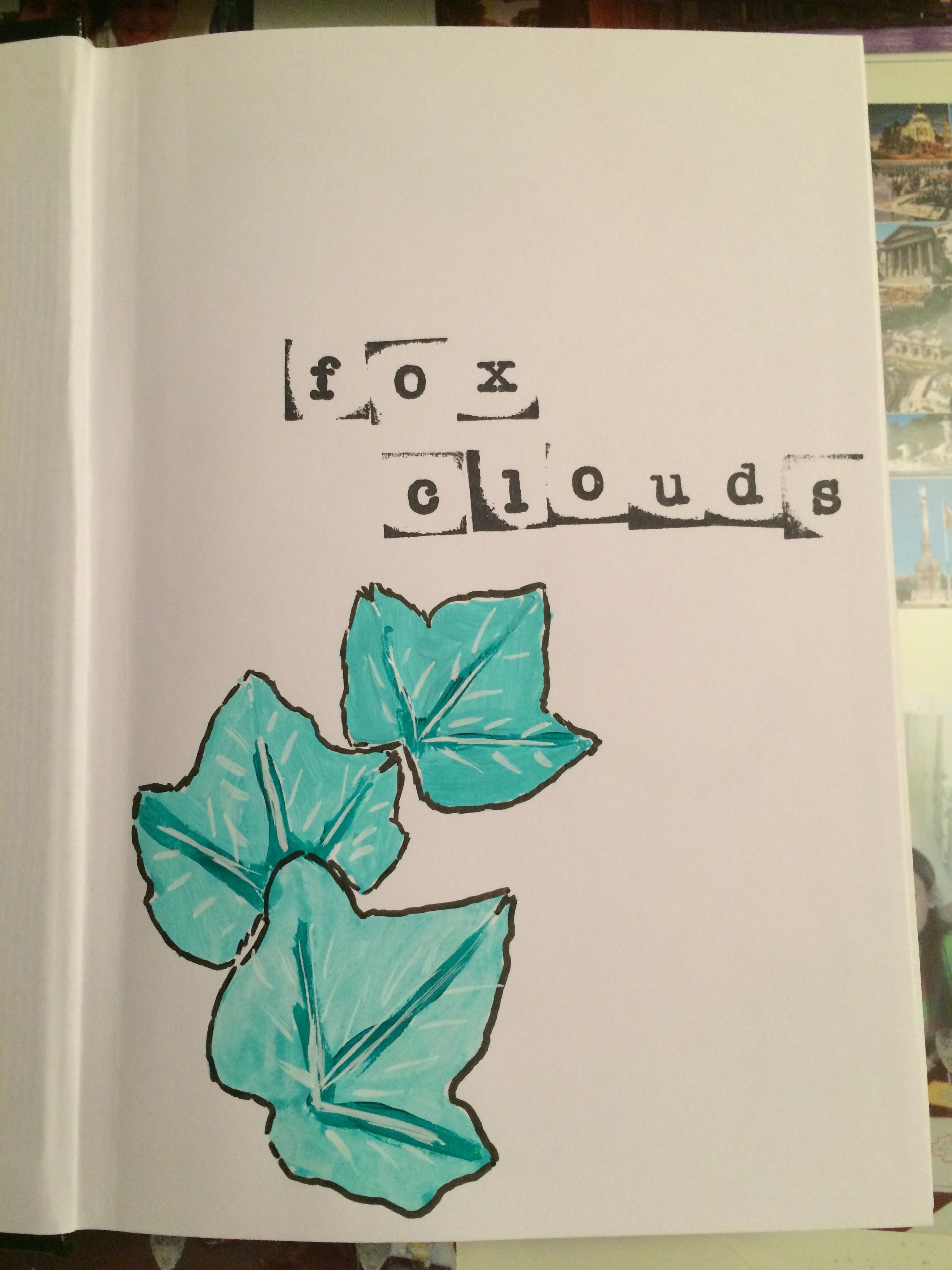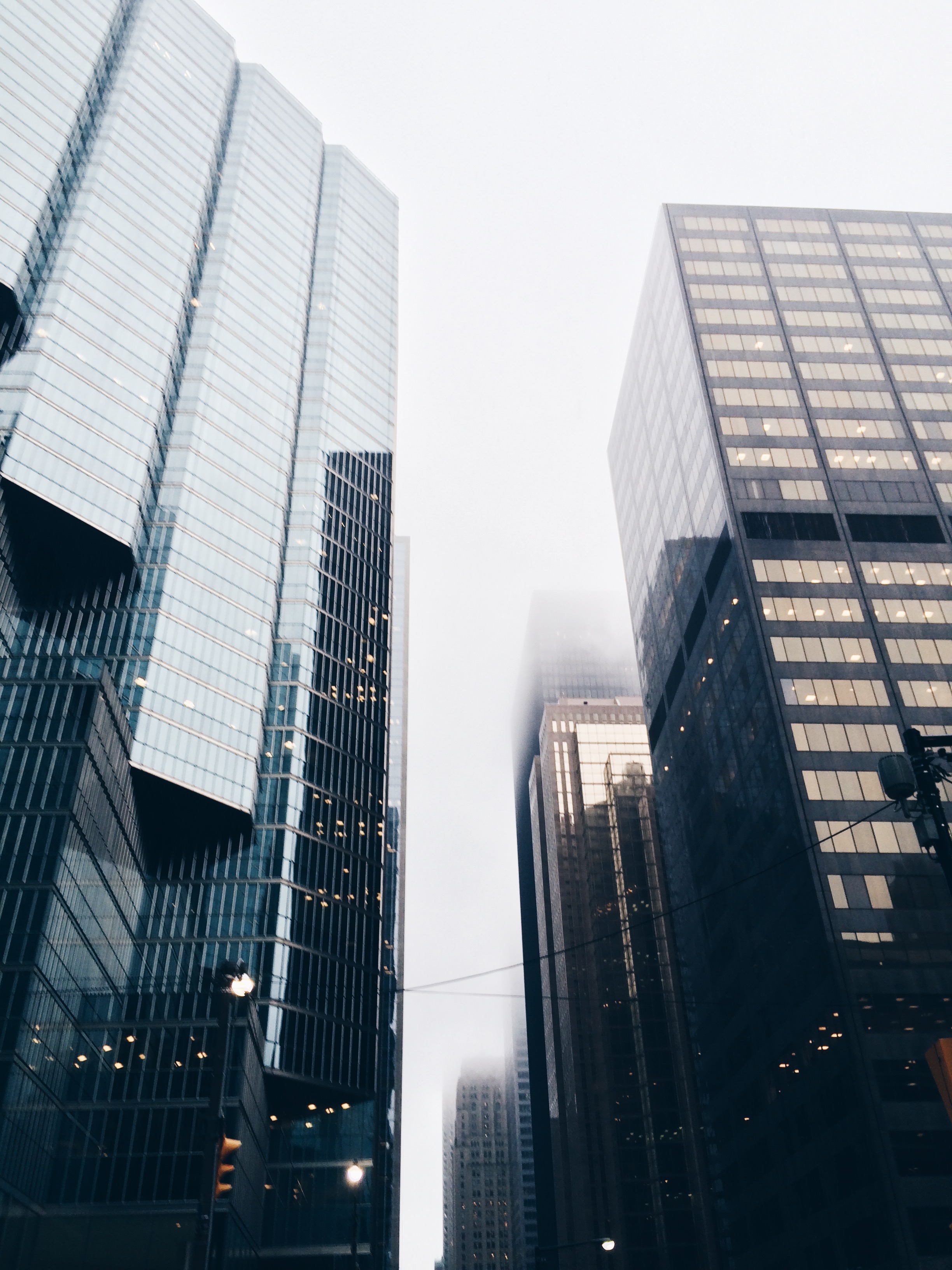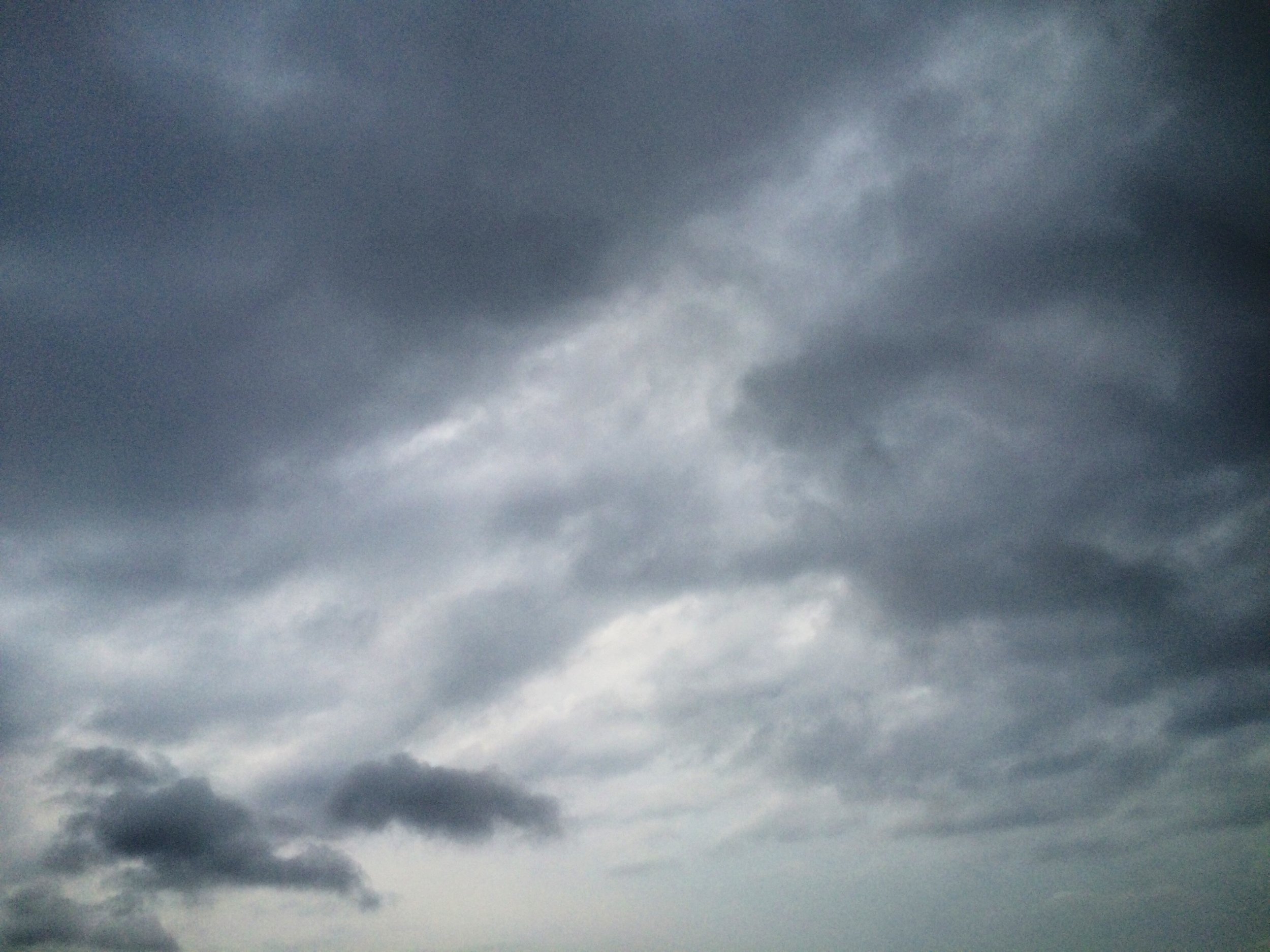New Sketchbook // June 30, 2015
I started a new sketchbook. So far I am happy with only two pages (this is the title page). The paper is more toothy and rough than Moleskine sketchbook and I find it more challenging to draw zentangles and doodles =( But I tried acrylic paint on it and watercolours and although this sketchbook is meant for light washes only, even acrylic looks fine. Watercolours look better though!
A Memoir of Madness, medication and music by James Rhodes
(This was my Sunday - the rain and James Rhodes.)
James Rhodes is another gem that I learned of by pure chance.This is not going to be a regular book review. This is going to be another one of "how I discovered [...]" type. I love writing stories about things that matter to me, otherwise what's the point, really?
I am a big fan of Benedict Cumberbatch and I follow a number of other fans/fan pages on Twitter. Through that handful of fans and also Twitter recommendations (you follow these, so you might want to follow these people - an annoying feature but in this case I am grateful for it) I saw the name of James Rhodes quite often. So I followed him. I knew nothing about him, except for that he was a musician and a friend of BC. Later I found that he was also friends with Stephen Fry, another Brit that I love and admire, so it was a done deal for me.
James is quirky, mouthy and candid online. He is funny and awkward and quite delightful (although I imagine he would not say so himself). I enjoyed his occasional tweets about concerts and music and his friends. Then he started writing the book which I have finished reading less than an hour ago. I admired James dedication, as he seemed to write thousands of words a day - something that was driven by his need to share the truth about his past and present, that I was completely ignorant of.
He finished the book. He was ecstatic and I had it on my list of things to read (some time). And then that was it. The book went completely off my radar for reasons unknown to me and I (quite understandably) forgot about it.
James seemed to be less present on Twitter lately, but I paid it no heed as creative people are busy. I am busy. Everyone is busy.
Those who know me (personally or online) know that I found myself in a rather weird (and dark) place emotionally late last year. This weird episode (I am going to call it that because I really have no name for it) lasted late May-early June of this year. I had ups and downs. And in early May, right between the two of my quite challenging (emotionally) trips to Montreal, I found myself at a down point again.
And that was when James retweeted somebody else's tweet praising the article that James had written 2 years ago. It was posted on The Guardian website and is called James Rhodes: 'Find what you love and let it kill you'.
I swallowed those 1100 words in less than 5 minutes. I felt as if somebody opened my skull, took out my brain, shook it, and put it back. Some things suddenly started making perfect sense to me, about myself and whatnots.
I was also appalled and saddened by the mentions of abuse and ongoing mental health issues. I went to Wikipedia (something that I didn't do initially, but probably should have, although considering the fact that James wasn't always that candid about his abuse, so perhaps it was not there when I had initially started following him - about 2-3 years ago, I think) and read everything there was. I know that Wikipedia is unreliable, so I was instantly consumed by the hunger for the autobiography which I thought should have been out by now.
I checked Amazon and it was still in pre-order status.
I was confused, and only later when James openly spoke on Twitter about the trial and court ruling and the fact that his books could have been banned for good. Once again I experienced the confusion and horror at the thought that someone wanted to shut up this man, who had obviously suffered a lot and needed help and support instead of stress and censure. James wrote a long article about it, so I am linking it here as I don't want to retell this story for him.
To put it shortly, James' ex-wife tried to ban the book on the grounds that the content (abuse, mental health, suicide attempts, etc) might be harmful to their son. The battle went on for over a year. James couldn't even mention anything about the struggles he was going through!
Thank goodness, the court ruled the decision in his favour (May 20) and the book immediately got a release date - May 28 (which is the birthday of my dear childhood friend). I pre-ordered it immediately.
Waiting for James' memoir to be released and then delivered to me from the UK, I rented his (only available) CD "Bullets and Lullabies" at the library. I listened to it for 3 weeks on repeat. It is put together quite unusually. Two CDs: one to be enjoyed in the morning, and another in the evening. One is vigorous, another is calming. I loved them both. They reminded me of sitting in my grandparent's living room and listening to vinyl discs or cassettes. Grandpa used to record his favourite pieces from the radio. He labelled them and kept them in the neat rows on the shelf. Listening to Debussy (whom I fell in love with again not so long ago) and Beethoven and Chopin and Grieg - all of whom I loved when I was a kid - took me back in time. It moved me. It inspired me.
I know nothing about classical music. James' recording seems flawless to me.
Let me go back to early May and why James' article had touched me so much. Even though the article is short and mentions his struggles, it is still filled with reluctant hope for better future. James says that music had saved his life. And he tells everyone who has ever felt the need for music or art or writing (like me) to fucking sit down and do it. Because if it can save you, can make you happier, better, it is worth doing it even without fame and recognition (even though those two are undeniably nice things).
I found that article incredibly inspiring. I thought about it for several days, told about it to a friend, although I failed to convey what it really meant to me, as we sat in a park, me smoking and trying to arrange my thoughts into something resembling a normal order. It was all before my second trip to Montreal this year, before something clicked in my head and finally reset my brain to normal.
I remember thinking quite clearly after reading that article that if I ever stop writing (again and this time forever) I will not survive it. Writing saved me in the way I can neither explain nor convey without sounding obnoxious and egocentric. But it is true, even if some might laugh at me for saying this or rather writing this (and I hope that some people may never read this). It is true and at that moment I realized that it didn't matter if I ever become a professional writer (well, I'd love to, but I understand that it may never happen) or that my stories may never be published or accepted or loved, I will still continue writing. Because writing is like breathing. It is to me what music is to James Rhodes.
In this mad, talented, weird British pianist I somehow found a kindred soul. I may never understand the extend of the scars that abuse had left him with or everything that was and still is happening in his head, but I understand the power of creativity and its force, like the force of nature, that propels you to create even if it feels as if you are swimming against an inhumanly strong current. You move an inch forward and get thrown two inches back. It is maddening and exhausting, but also the only way to live.
Amazon UK took its sweet time to deliver the book to me. Almost 4 weeks! I started reading it yesterday and finished it today.
The book turned out to be a way easier read than I expected considering the content. James is candid in it but not graphic. He tells his story the way it is, in a rather approachable and frank way. Every chapter is a track from the playlist (available for free on his SoundCloud) and a short story about its creator. James talks not only about his mental illness(es), wreck of a marriage, abuse, but also about music and musicians and what it did to him. The book is filled with love for his son (and it angers me even more now that his ex-wife tried to ban the book) as much as it is filled with pain and desperation.
But it is also filled with hope. The hope and promise to get better, to be better, to try harder and be happy. The memoir ends on a more cheerful note than I could have possibly imagined. In fact, it gave me exactly what I wanted: a story about how music (art, creativity) saved one soul.
James raises the question of classical music in our age. It is a dying form of art, archaic and unchangeable. While everything else has moved and evolved the classical music stays the same. Which is not the bad thing per se, but it is not very inclusive or popular among people younger than 50+. I enjoy classical concerts and recently I have been going to them more and more often. Reading James' disdainful comments about venues and critics made me realize that he is absolutely right - we have to make classical music more approachable to people. Make the tickets cheaper. Let the audience ditch frocks and suits and bring a beer into the theatre. Although I do enjoy the grandeur of a theatre or a concert hall, I often feel isolated and awkward (or maybe it is just me?) being surrounded by people the age of my parents (or older) wearing fancy clothes and diamonds. I don't mind dressing up for the occasion, but the clothes do not really matter, as I would rather listen to someone like James tell the audience why he is performing Bach or Rakhmaninov at this moment and not Chopin or Bethoveen, what this piece means to him, why he is playing it the way he does, rather than sit in dead silence in a tight dress and restrain myself from applauding at a wrong moment.
I sincerely wish James all the best. He is incredibly talented, brave and strong. Although he repeatedly says the exact opposite about himself. His story is worth being read and shared. It is horrible, ugly, moving, but at the same time it will give you hope. It is a story of music and madness, and I am quite taken by it.
And now excuse me, I need to go and listen to Instrumental soundtrack again. James is right. Bach 'Goldbierg variations' is quite something.
The Scorpio Races, Maggie Stiefvater, and other things
 Let me start with the story about how I learned about Maggie Stiefvater.
Let me start with the story about how I learned about Maggie Stiefvater.
It was November 16, 2014, the last day of the international book fair INSPIRE! (which was the first and the last time this fair happened to my disappoint). For some reason I had ben completely ignorant about the fact that an international book fair was happing in Toronto, so I missed the first days. I doubt I would have been able to go there on the first day, so I was only left with the last day which fell, as I recall correctly, on Sunday.
It was November of last year, it was cold, and I was not feeling well (both physically and emotionally). I went to the book fair in the hopes of it cheering me up, but instead it turned me into a ball of nerves as sellers (even though it was the last day) were still smiling and approaching visitors and I had to again and again say that I was just browsing. (I hate doing that but it was what I was doing as I had no idea about what to expect from the fair.)
I hoped to see some international sellers but most of the languages/countries that I would have been interested in (like Germany) were represented by a handful (basically one or two) stalls. There was Goethe Institut which is a great establishment for learning the language and not what I was looking for. I was looking for an equivalent of Hugendubel or something like that. A vendor that would be selling books in German on spot. Perhaps, I was not very attentive. Perhaps (and most probably it the real reason), I was not in the right mood (state of mind).
I felt exposed, tired, achy.
I realized that I missed the panel of Margaret Atwood (it is my dream to see her in person) and some others. I didn't know what I was looking for (were I to go today I would know exactly what to look for). I wanted to go to one of the panels but I knew nobody on the list.
Wandering from the food court area I was passing by the main stage and there was a woman there, talking fast and in different voices making the audience erupt in laughter. I stopped, gingerly sat at the far back and for another half an hour I was utterly mesmerized.
That woman on stage, which looked more like a teenager to my short-sighted eyes, with dishivelled hair and some wristbands (that once again from where I sat looked as if she was wearing watches on both hands), spoke about her success, how she learned that her book became a number one bestseller (which she was on the plane and being glared at for using a cellphone by a flight attendant). She was funny and quirky and I looked up her name in the brochure that I had. Maggie Stiefvater. The name that I could barely spell let pronounce (although every time when I think about her name I pronounce it with a German accent in my head). I was captivated.
I wrote down her name, waited till the end of the panel and slinked away. I googled her name, put her books on hold in the library and I discovered that she was on Twitter.
Fast forward to 7 months later.
After months of following Maggie on twitter, I learned that she is incredibly funny, talks about herself in third person, calls her husband LOVER and her kids Thing #1 and Thing #2, bakes, loves cars, drives cars, has goats, and did I mention she is funny?
The wit and sarcasm and joy with which she writes on twitter about mundane things made me very hopeful that her books would be as good. But I couldn't bring myself to read them, just because I couldn't bring myself to read anything. I was in that weird dark spell that I have no intention of talking about here, but let's just say I was just waiting for the right moment.
And the moment came this June, a few days back (a week? 2 weeks?) when I realized that I not only desperately wanted but also needed to go and buy books. The books that I will read. The books that I have been stalling to read for awhile (for whatever unknown reasons). The books that have been out for some time and I still haven't read. The books that I knew nothing about, except that they are supposed to be good.
So I went to a book store, and dragged my friend there, and spent over an hour in YA section looking for books. Maggie Stiefvater was my number one choice. I didn't want to start with the series because that would require me to buy all of the books (and what if I didn't like her writing after all?), so I reconciled with myself and got The Scorpio Races (the book that I knew nothing about and was fascinated to see both a pretty horse on the cover and learn that it was about horses and magic) and Shiver (book #1 in the series which allowed me to have something else to read by Maggie if I did like her style after all). I also bought 3 other books, but I don't want to talk about them now.
I am a book hoarder. I suffer from the condition when I would buy books and then hoard them, meaning I would keep them on my book shelve and won't read them. Or give them to anyone to read. I am horrible like that.
With The Scorpio Races I decided to plunge in, in spite of having other books from the library (which I were not reading anyway).
I was captivated from the first page. Not only I loved the world, a small rocky island in the middle of nowhere and in an unidentified time, the magical realism of it, I also loved the way Maggie was weaving the words together which reminded myself of my own writing (and this is not me being boastful - it is me hoping that one day I might actually master the words in the way she does it).
Side note: before I read the book I in fact read a couple of posts that Maggie wrote on writing and publishing and the way she spoke about it, the struggle, getting better, working on your writing - it all gave me a huge hope. I read her thoughts on that even before I read her books, which sort of cemented my resolve to do it.
I often think of YA books as books for kids and I am often surprised when they contain blood, gore, death, fear, love, etc. Of course, they are milder than adult books but some moments are rather scary (I am looking at you Harry Potter) and seemingly unfit for kids. (That is me continuously forgetting that 16-19yo are not that much of kids, but I digress.)
Rain, mud, hunger, simple village life, horses, blood and danger spiced with a particular brand of teenaged desperation - this is what The Scorpio Races is about. It is dark enough, moody enough, brilliant enough. It has a very brave girl and a very mature (or desperate, you pick) boy. It has bullying and discrimination and hopes and dreams and the joy of being alive.
Mid book I finally was able to place what that little fictional town of Thisby reminded me of - Susan Cooper's The Dark Is Rising Sequence. I read those books as an adult and was mesmerized by the darkness (literal and figurative) in the books which were supposed to be for kids. The taste of salt on my lips, the wind lashing with rain across my face, the smell of the sea that overpowers everything else. That was what Susan Cooper's books were about for me, and this was the exact same feeling I got from The Scorpio Races.
I read the book during the week but then devoured the other 2/3 of it over the course of Friday night and Saturday. The raging wind and rain outside helped to set the mood.
Long before the ending I knew the way the races were going to end but I didn't know how the end would be executed (which having read what Maggie has to say on writing is the exact same way this book is written). I didn't know how the last paragraph/chapter would be done. I was hoping it would be good.
I was not disappointed.
The last few sentences are the perfect ending of the story, just the way it should be, with the right amount of bittersweet joy and heartbreak. This is how I would have written it if it were my book to write. As a reader, I couldn't have asked for a better ending.
The edition that I have came with extras: a couple of "deleted scenes", a Q&As with Maggie about the book and her speech that she delivered after receiving an award for this book (in which she mentioned Susan Cooper's The Dark Is Rising as one of her favourite childhood books , which thrilled me to no end knowing that I was right!), and the recipe for November cakes! (I really need to try that one day.)
I hope against all odds that this novel might get a sequel one day, although I honestly can't decide if there is anything I want to be added to the story of Puck and Sean and their horses, Dove and Corr.
I am looking forward to reading more of Maggie's books and, most importantly, I will keep writing and trying to get better. Because as Maggie said, it is not the matter of IF, it is the matter of WHEN.









